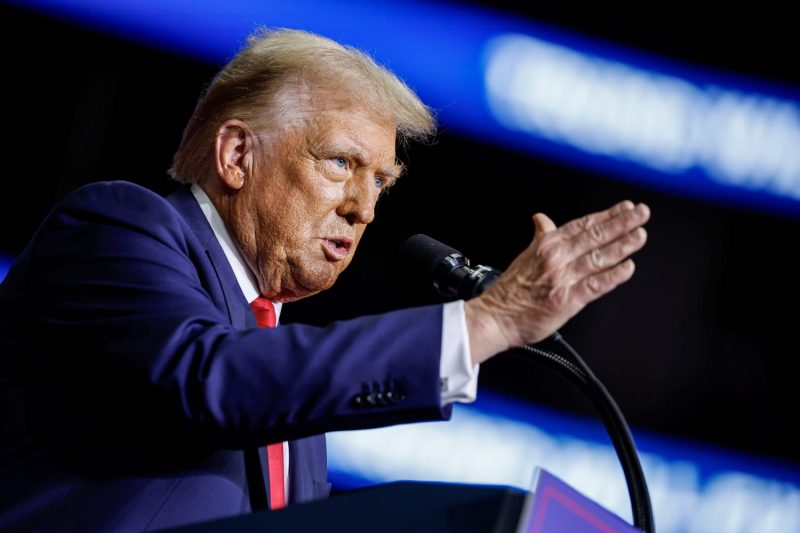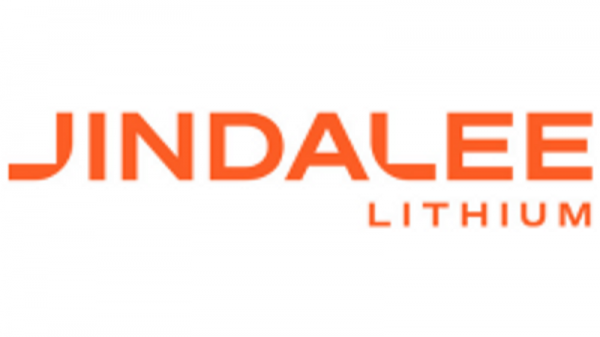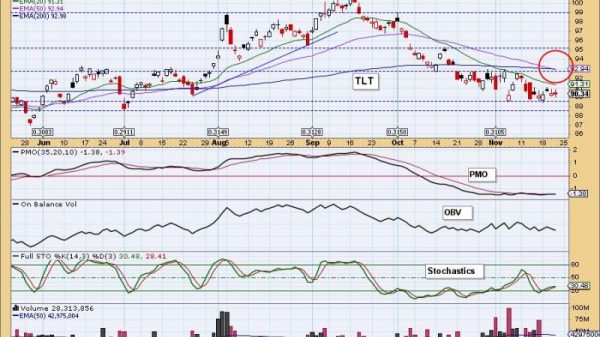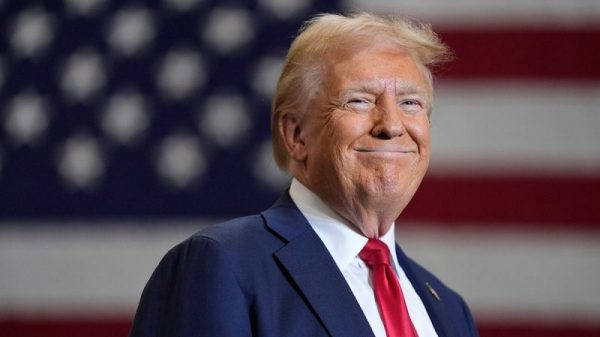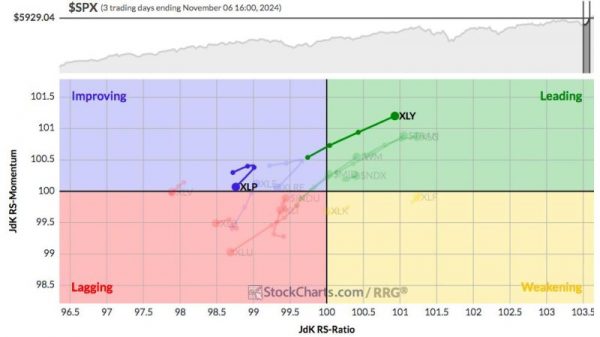Title: The Ripple Effect of Trump’s Tariff Threats on U.S. Companies: Navigating Lobbyists and Loopholes
Introduction:
President Trump’s tariff threats have set off a chain reaction within the U.S. business community, leaving companies scrambling to protect their interests. As the administration continues its aggressive trade policies, U.S. companies are turning to lobbyists and loopholes to navigate the uncertain economic landscape.
The Impact of Tariffs on U.S. Companies:
The imposition of tariffs by the Trump administration has had far-reaching consequences for U.S. companies. Many businesses are faced with the prospect of increased costs due to higher import duties on essential goods and materials. This has put pressure on profit margins and forced companies to explore alternative sourcing options.
The Role of Lobbyists in Advocating for U.S. Businesses:
In response to the tariff threats, U.S. companies are increasingly relying on lobbyists to advocate on their behalf. Lobbying firms are working to influence public policy decisions and negotiate exemptions or tariff relief for their clients. By leveraging the expertise and connections of lobbyists, companies are better positioned to navigate the complex regulatory environment.
Navigating Loopholes in Trade Policies:
Another strategy that U.S. companies are employing is to identify and exploit loopholes in trade policies to minimize the impact of tariffs. This may involve restructuring supply chains, seeking alternative sourcing options, or leveraging existing trade agreements. By creatively interpreting trade regulations, companies can mitigate the financial burden of tariffs and maintain competitiveness in the global market.
Challenges and Opportunities for U.S. Companies:
While lobbying and loophole exploitation offer short-term solutions for U.S. companies grappling with tariff threats, there are broader challenges on the horizon. The uncertainty surrounding trade policies creates instability and hampers long-term strategic planning for businesses. Companies must remain agile and responsive to changing trade dynamics to ensure their sustainability and growth.
Conclusion:
As U.S. companies grapple with the repercussions of President Trump’s tariff threats, the need for effective advocacy and strategic planning has never been more critical. By engaging with lobbyists, exploring loopholes, and adapting to evolving trade policies, businesses can navigate the complex economic landscape and safeguard their interests. Ultimately, the ability of U.S. companies to weather the storm of tariff threats will depend on their resilience, adaptability, and foresight in a rapidly changing global marketplace.

